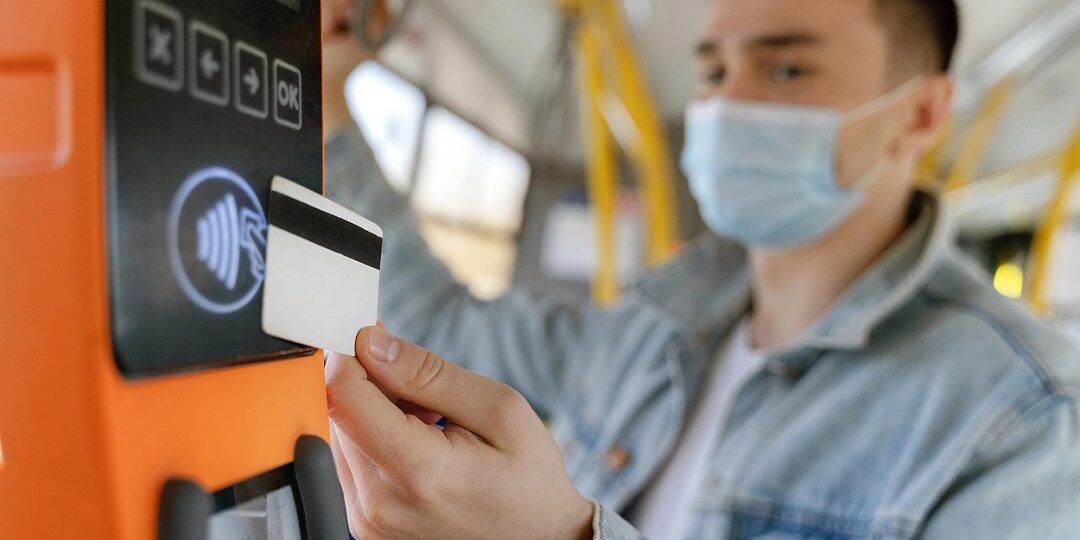LIMITED NETWORK EXCLUSION (LNE)
PSD2 and Turkish payment systems’ regulations in force both exclude payment activities carried out in a limited network from the scope of application of the regulations which also leads to some concerns such as creating disadvantages for the regulated actors who bear the entire regulatory burden and deprivation of legal protection for the payment service users within the limited network.
Article 3 of PSD2 states that the Directive does not apply to the “services based on specific payment instruments that can be used only in a limited way, that meet one of the following conditions:
(i) instruments allowing the holder to acquire goods or services only in the premises of the issuer or within a limited network of service providers under direct commercial agreement with a professional issuer;
(ii) instruments which can be used only to acquire a very limited range of goods or services;
(iii) instruments valid only in a single Member State provided at the request of an undertaking or a public sector entity and regulated by a national or regional public authority for specific social or tax purposes to acquire specific goods or services from suppliers having a commercial agreement with the issuer.”
It is important to mention that the LNE applies to the “services provided”, not to the “service providers”. Cards that can only be used in a particular chain of stores or a particular shopping centre, fuel cards, membership cards, public transport cards, tour operator cards (issued for use only within the tour operator’s holiday village or other premises), parking ticketing, and meal vouchers are some examples of the payment instruments that can benefit from limited network exclusions (LNE). However, if the total value of payment transactions executed over the preceding 12 months exceeds the amount of EUR 1 million, the issuer of the payment instrument should send a notification to competent authorities. Upon notification, competent authorities, in turn, shall assess whether the payment activity qualifies as a limited network or whether it requires authorization. The threshold “transaction amount” set out by the Central Bank of the Turkish Republic (CBRT) in Turkey is 50 million Turkish Liras. In a recent announcement of the CBRT, the Bank clarified that the term of “transaction amount” should be taken into account as the total sales price of the product including the commission amount, for the companies operating with a marketplace business model.
A couple of weeks ago, EBA published final Guidelines on the limited network exclusion under the Payment Services Directive in order to address concerns about LNE and clarify how national competent authorities should assess whether a network of service providers or a range of goods and services qualify as ‘limited’.
Here are some takeaways from the Guidelines:
- Assessment Criteria For The Limited Network of Service Providers: Competent authority should take into account the following criteria in their assessments upon notification by the issuer;
- Existence of a direct contractual agreement between the issuer and the merchants operating within the limited network.
- Envisaged maximum number of service providers operating within the limited network.
- Provision of visual manifestation to the user of payment instrument if the goods and services are provided under a common brand that characterises the limited network.
- Additional indicators based on the size and specificity of the market such as (i) the specific geographical area for provision of goods and services, (ii) volume and value of payment transactions, (iii) the maximum amount to be credited to the payment instruments, (iv) the maximum number of payment instruments to be issued, (v) the risks faced by the customers.
- Functional Connection: In order for the use of a specific payment instrument to be considered as “limited” for acquiring a very limited range of goods or services a functional connection between the goods and/or the services that can be acquired with the payment instrument should exist. When assessing the functional connection between the goods and/or services, competent authorities should take into account that a specific category of goods and/or services with a common purpose has been identified by the issuer.
- No Geographical Limitation: A cross-border activity can benefit from limited network exclusions if it meets the required criteria.
- Marketplace Business Models: Online marketplaces could potentially benefit from the LNE, provided that they meet the requirements. Online marketplaces tend to continuously grow their acceptance network and the goods and services provided over time. Therefore, competent authorities should treat these business models with caution due to the possibility for some of the specific instruments to develop into general-purpose instruments. This is also coherent with the clarification provided in Recital 14 of PSD2 that ‘instruments which can be used for purchases in stores of listed merchants should not be excluded from the scope of this Directive as such instruments are typically designed for a network of service providers which is continuously growing.’
Author: Hamit Boyraz







